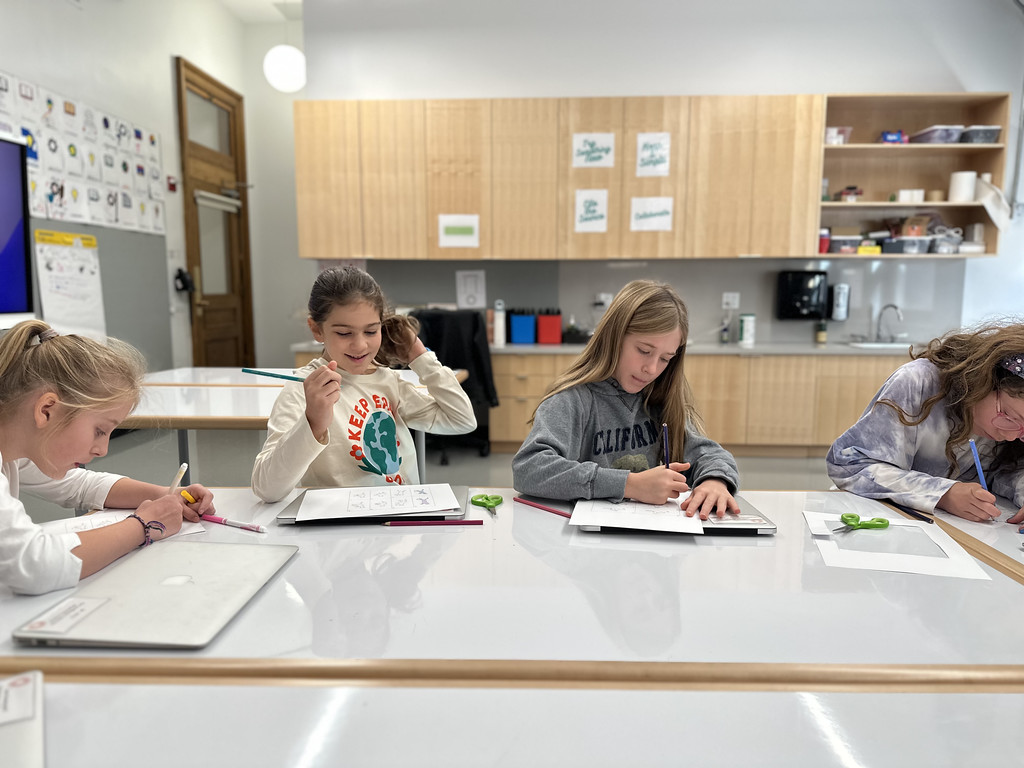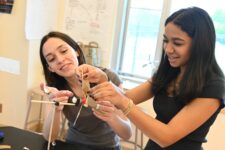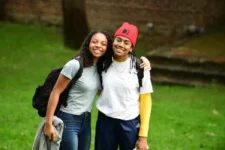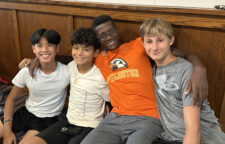As ethical citizens, we are called not only to learn but to use our education to improve the lives of others — to confront the questions our society faces, to navigate obstacles with our neighbors, to know when we should listen and when we should shout.
Our curriculum is never stagnant; our teachers are constantly updating their courses to reflect the most pressing issues of the day.
To enable our students to grapple with current issues and address problems, we must provide the resources and tools required to be well-informed and capable of making change. For this reason, our curriculum is never stagnant; our teachers are constantly updating their courses to reflect the most pressing issues of the day. We also provide opportunities outside the classroom for students to be active participants in the dialogue and work taking place around the world. Each summer, our entire upper school reads the same book, and there are several ways in which its themes, ideas, and storylines pop up throughout the academic year. This year, we read “Children of Blood and Bone” by Tomi Champion-Adeyemi.
Within our ethics curriculum, we offer a variety of courses focused on media. In one course, “Media and the (Mis)Information Age,” Upper School students examine contemporary culture — “fake news,” social media, Beyoncé’s “Lemonade” — to explore how media shapes our identities. Using this knowledge, they create mini-documentaries that are exemplars of digital activism. The 11th and 12th Graders in this course study the relationship between media and free speech, biased and unbiased journalism, and the difference between the right to privacy and a need for privacy. Students have the opportunity to lead workshops for ECFS 6th Graders on how we represent ourselves online. In our increasingly internet-driven world, we do our best to offer courses that will prepare our students to be leaders for the common good.
While studying fractions, our 7th Graders experience a curriculum that is both relevant and ethically mindful. Students perform real-world financial calculations, such as profit margin and payout ratio, for food-related companies like Dole or McDonald’s. At the end of the lesson, students are asked to consider why healthy foods like fruits and vegetables cost more than fast food. They complete a presentation that outlines the cost differences and examines the ethical ramifications of food cost and access has for our society. The students are able to approach their subject from several angles, apply their research to real-world issues, and contemplate ways to enact change where they witness injustice occurring.
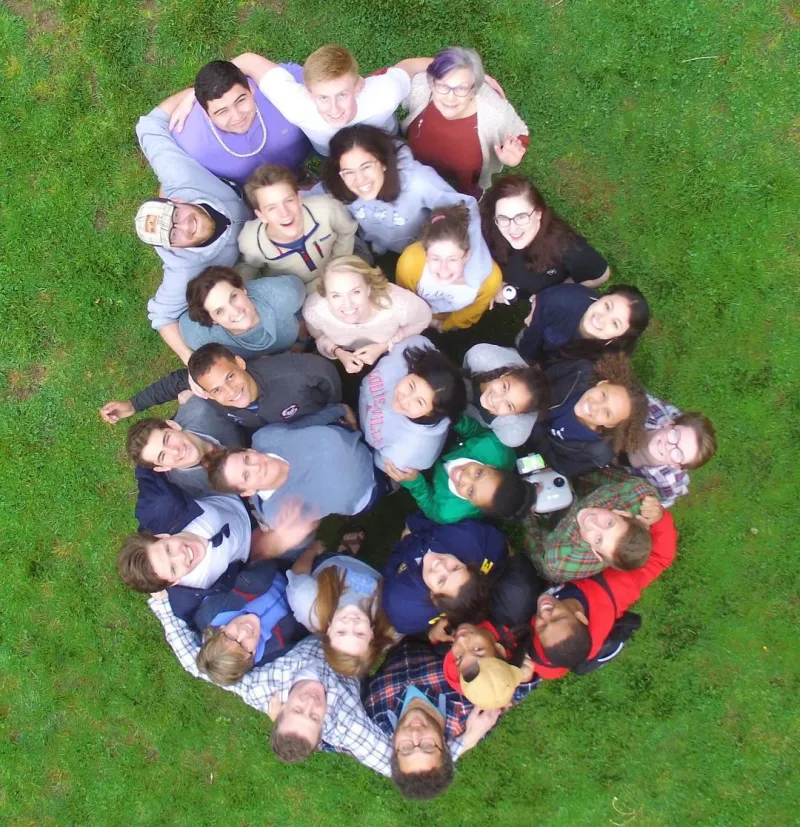
Outside the classroom, we provide opportunities for our students to broaden their worldviews by engaging with individuals from different cultural backgrounds and with different political perspectives from their own. In 2017, we partnered with Narrative 4, an organization that uses personal stories to build empathy between strangers. 10 students from ECFS and 10 students from Swain County High School in North Carolina participated in the exchange — with students from Swain County visiting New York in October and students from ECFS visiting North Carolina in March. Before beginning the program, nearly every student shared the same concern: How will I be judged? Each student came with their own pre-dispositions and judgments, as well. By the end of the year, students from both schools acknowledged that the biases they came in with were based on stereotypes. Once those stereotypes were shattered, the students were able to connect on a deeper, human level — something our country needs now more than ever. Students in the program held meaningful conversations about the current administration, the Confederate flag, gun culture, and racial slurs. We encourage our students to be open-minded, curious, and kind.
